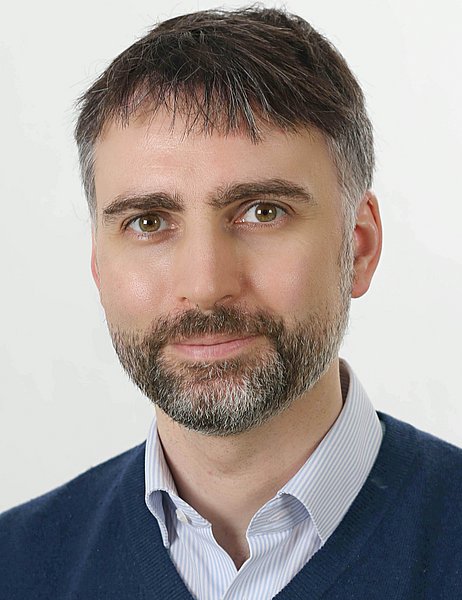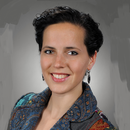Malignant bone and soft tissue tumors in children of the Ewing sarcoma and alveolar rhabdomyosarcoma type are often characterized by serious genetic changes. For example, certain genes are fused, which then encode cancer-promoting protein variants. These can dock onto certain sections of our genetic material and then activate other genes that help the cancer cells to multiply and form metastases in the body.
So far, it has not been possible to use and attack the mutated proteins therapeutically. Grünewald therefore wants to beat cancer with its own weapons: the mutated cancer proteins, which bind to certain sections of the genome and thereby activate genes, are to be used to switch on therapeutic genes in the tumor cells in order to drive the cancer cells to suicide. Genetically modified viruses serve as "gene cabs" to introduce the therapeutic genes into the cancer cells. The approach has already been successful in cell cultures and mice. Grünewald now wants to carry out all the necessary preclinical research so that it can be tested in an early clinical trial following the project. This also includes carrying out all the preliminary work so that the gene therapy carrier viruses can be produced in clinical quality in the future.
"I am really delighted that we can now advance this approach with the ERC grant so that it can help young patients as soon as possible," says Grünewald. "I would also like to thank the Barbara and Wilfried Mohr Foundation, whose start-up funding enabled me to carry out the preliminary work for this grant. My special thanks also go to Guy Ungerechts and Dirk Nettelbeck from the Clinical Cooperation Unit Virotherapy for their excellent collaboration in order to produce the gene therapy viruses."
Thomas Grünewald studied medicine and philosophy at the University of Würzburg. He obtained his medical doctorate at the University of Würzburg and his doctorate in natural sciences at the Technical University of Munich (TUM). He then habilitated at the Ludwig-Maximilians-Universität München (LMU) in the field of experimental pathology. Since 2020, he has headed the Department of Translational Pediatric Sarcoma Research at the DKFZ and KiTZ and is a pathologist at Heidelberg University Hospital (UKHD). In 2021, he accepted the professorship for "Translational Pediatric Sarcoma Research" at Heidelberg University.




